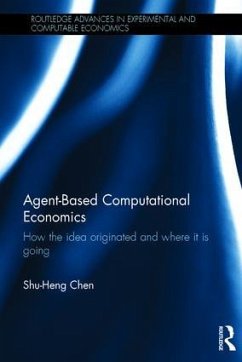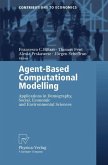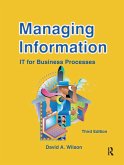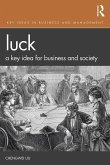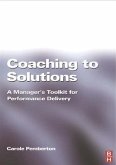This book provides a review of the development of agent-based computational economics (ACE) from a perspective on how artificial economic agents are designed under the influences of complex sciences, experimental economics, artificial intelligence, evolutionary biology, psychology, anthropology and neuroscience. The review also includes how these agents are networked by using ideas from physics, mathematics and sociology. Despite this rich interdisciplinary colour, the book has a simple fundamental pursuit, that is, to use ACE to clothe economics with Marshalla (TM)s spirit: "Economics, like biology, deals with a matter, of which the inner nature and constitution, as well as outer form, are constantly changing."
This book aims to answer two questions that are fundamental to the study of agent-based economic models: what is agent-based computational economics and why do we need agent-based economic modelling of economy? This book provides a review of the development of agent-based computational economics (ACE) from a perspective on how artificial economic agents are designed under the influences of complex sciences, experimental economics, artificial intelligence, evolutionary biology, psychology, anthropology and neuroscience. This book begins with a historical review of ACE by tracing its origins. From a modelling viewpoint, ACE brings truly decentralized procedures into market analysis, from a single market to the whole economy. This book also reviews how experimental economics and artificial intelligence have shaped the development of ACE. For the former, the book discusses how ACE models can be used to analyse the economic consequences of cognitive capacity, personality and cultural inheritance. For the latter, the book covers the various tools used to construct artificial adaptive agents, including reinforcement learning, fuzzy decision rules, neural networks, and evolutionary computation. This book will be of interest to graduate students researching computational economics, experimental economics, behavioural economics, and research methodology.
This book aims to answer two questions that are fundamental to the study of agent-based economic models: what is agent-based computational economics and why do we need agent-based economic modelling of economy? This book provides a review of the development of agent-based computational economics (ACE) from a perspective on how artificial economic agents are designed under the influences of complex sciences, experimental economics, artificial intelligence, evolutionary biology, psychology, anthropology and neuroscience. This book begins with a historical review of ACE by tracing its origins. From a modelling viewpoint, ACE brings truly decentralized procedures into market analysis, from a single market to the whole economy. This book also reviews how experimental economics and artificial intelligence have shaped the development of ACE. For the former, the book discusses how ACE models can be used to analyse the economic consequences of cognitive capacity, personality and cultural inheritance. For the latter, the book covers the various tools used to construct artificial adaptive agents, including reinforcement learning, fuzzy decision rules, neural networks, and evolutionary computation. This book will be of interest to graduate students researching computational economics, experimental economics, behavioural economics, and research methodology.

